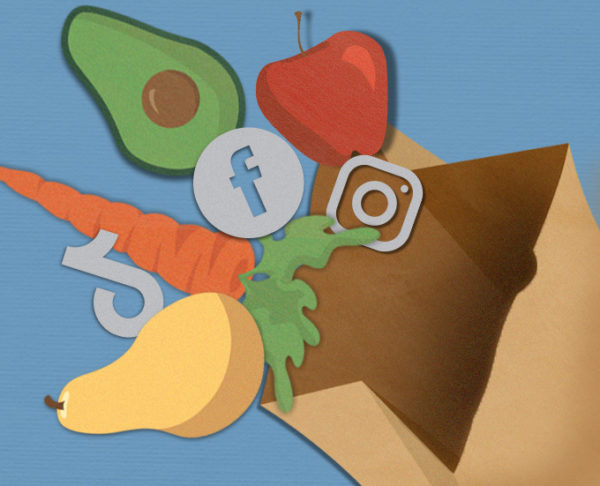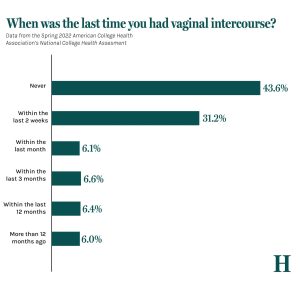
Social media platforms host a multitude of self-proclaimed health and lifestyle influencers who are quick to share tips and tricks for ‘clean eating’ through recipe, diet and organic product recommendations. Yet, many of these influencers operate without any background in nutrition, science or healthcare, and oftentimes perpetuate misinformation that encourages viewers to purchase expensive products and adapt fad diets under the guise of investing in their health.
Clean eating has become a buzzword in recent years, generally referring to a diet that discourages the consumption of processed foods in favor of organic and whole foods.
What products can be labeled “organic” are determined by the U.S. Department of Agriculture, and the criteria differs depending on the food category. After a lengthy application process, produce can be labeled organic if it is grown on soil that uses no synthetic fertilizers or pesticides, but there are many exceptions. The labeling loopholes are so various, in fact, that independent organizations have been created in an attempt to certify and clarify which foods are truly organic.
So for all this fuss, is organic food actually better for you? The short answer is no.
Current research concludes that eating organic food holds no verifiable health benefits compared to their mass-produced counterparts. Most recently, a study found that there is no association between eating organic foods and cancer incidence.
The people who really experience negative health consequences from pesticide use are not consumers, but farmers and the communities in which they operate.
While research validating the health benefits of clean eating is scarce, risks associated with a clean eating diet are plentiful. Traditionally, dieting is linked to developing eating disorders, but the “healthy” perception of clean eating and its misnomer as a “lifestyle” makes its restrictive nature less conspicuous.
The majority of college students view clean eating as healthy, even when it impedes on daily functions or causes distress, according to a survey. Some clean eating proponents recommend eliminating food groups like dairy, gluten and grains, or food types, which are characteristic of fad dieting.
The name of the diet itself holds harsh implications.
“Anytime we’re adding a dichotomy to food, if we’re saying this is clean and what is not clean is dirty, we are adding moral value to food. This has the potential to not only impair your personal relationship with food, but the potential to make how much you think about food take up a larger percentage of your brain space than it should, and it can lead to disordered eating,” Lauren Dunaway, Tulane University professor and registered dietician, said.
A different survey of college students found that the majority of respondents familiar with clean eating found out about it through social media. Users should resist the urge to be easily influenced — especially by health-related content — and continue to question the motivations and credibility of creators.
“True elimination diets do have value for people with medical or clinical diagnoses and symptoms, working with a professional to identify trigger foods. But when they’re self-prescribed, they really do have the potential to lead to some of those disordered behaviors of restriction,” Dunaway said.
While people may be rightfully frustrated with Western medicine and its propensity to treat symptoms rather than address root causes, alternative approaches should be considered with caution and the guidance of experts. In the age of digital consumerism, customers must remain informed, and platforms should continue to expand their moderation efforts.























Leave a Comment